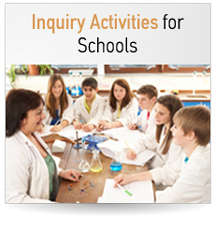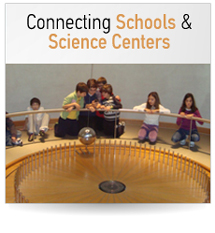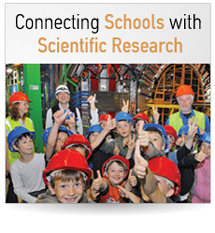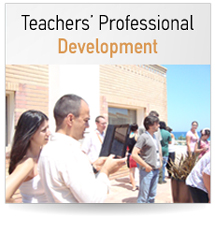Exploring Nature and Biodiversity
Content
In collaboration with the „Wessely Haus“ youth forest hostel in the national park, the chair of didactics for Biology at the University of Bayreuth has created an extraordinary and didactically valuable environmental education program. Pupils are given the opportunity to explore their environment on their own and to gather firsthand experiences with local wildlife in a playful manner. The extramural learning environment of the national park is therefore perfectly fit to forge a positive individual attitude and respectful approach towards the environment.
The National Park
“What is a national park?”
“What is the purpose and function of a national park?”
“How does the forest inside a national park differ from a ‘regular’ forest outside?”
These are some of the questions the pupils are drilling down on during their stay at the national park. In a playful manner, they discover the purpose and function of a national park, with special regards to the role of the forest. With all their senses, the pupils experience the value and functions of forests and, almost casually, increase their knowledge about the different plants and animals in German woods.
Animal Outdoor Pen
Getting really close to a tawny owl, observing a European bison from minimal distance or watching bears play is nearly impossible in modern German forests. The national park’s outdoor pen allows pupils to explore the natural habitat of native endangered and partially extinct species.
Lynx and wolf are inspected more closely as re-immigrating predators in Germany. Playfully, the pupils experience what it means to feed a wolf family or how deftly a lynx has to act on his hunt.










